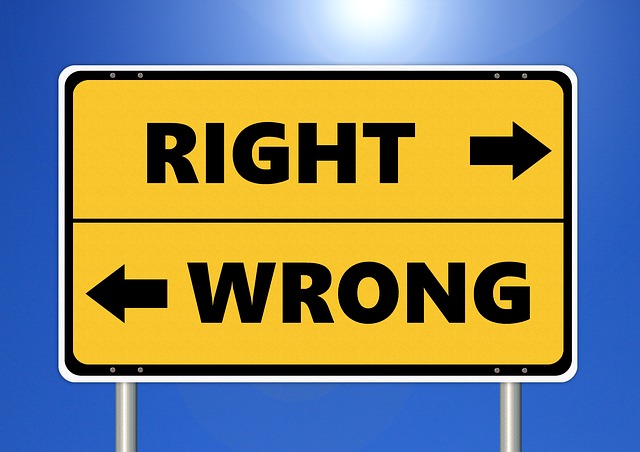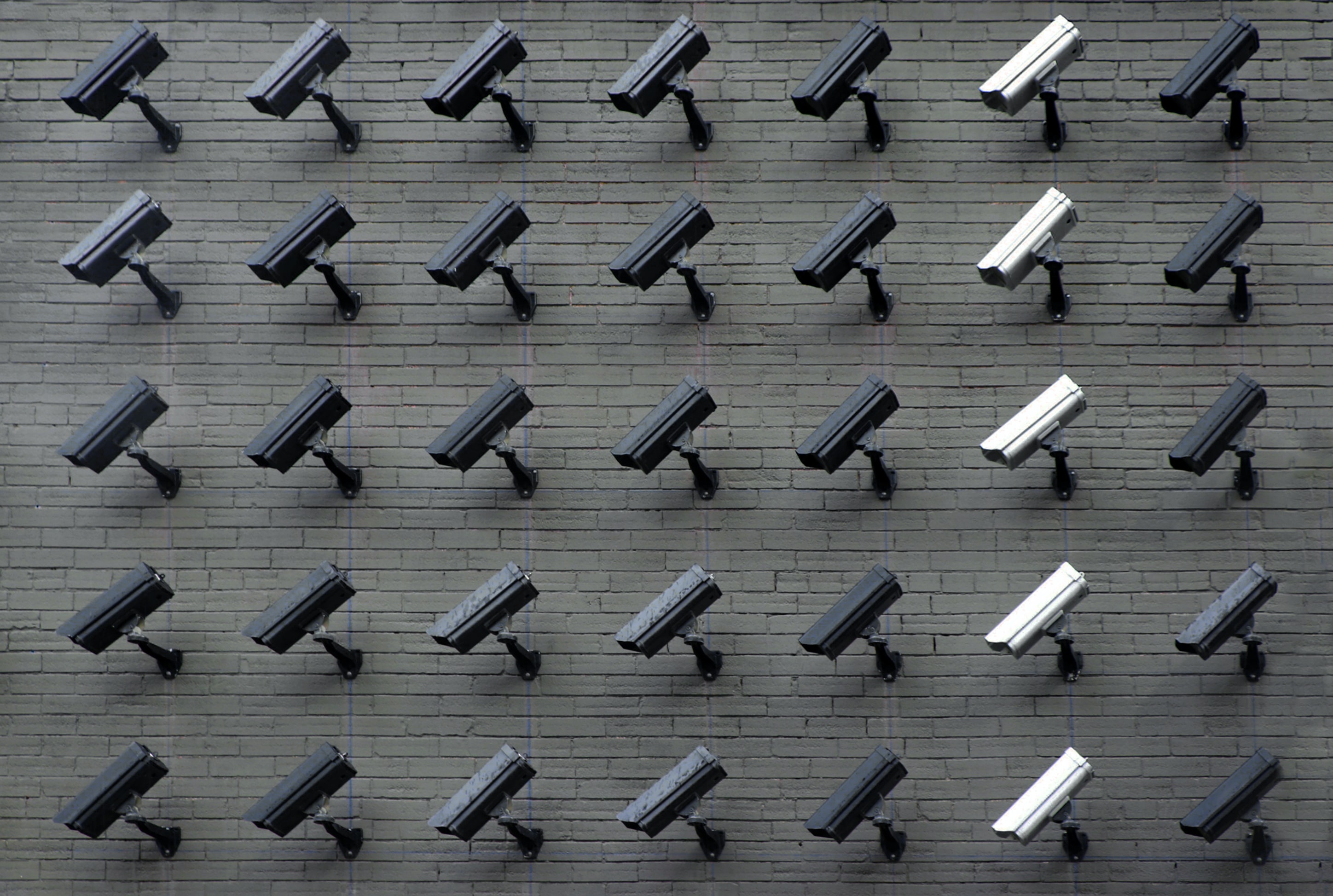
Is Facebook past its “Use By” Date?
Is Facebook past its “Use By” Date? https://www.citizenme.com/wp-content/uploads/2019/03/photo-1525011268546-bf3f9b007f6a.jpeg 1080 720 StJohn Deakins StJohn Deakins https://secure.gravatar.com/avatar/67e7ca4885d1b922783ca3a83741a282?s=96&d=mm&r=gYesterday, Mark Zuckerburg published a note detailing his new vision for the future of Facebook. Given their troubles in 2018, and the resulting steep decline in public trust, it’s not surprising that this “New-Facebook” concept hinges on the need for privacy.
A good company focuses on serving its customers. A great company strives to make the world a better place for them. However, Facebook has never truly been about serving digital citizens.
Originally, Facebook was set up as a quasi-dating service from an idea germinated by the Winklevoss twins and then kickstarted by scanning in student yearbook IDs without anyone’s consent. As the user base grew, Zuckerburg even infamously referred to Facebook users as “dumb f**ks” for sharing so much personal data on his platform.
Despite this, Facebook has done exceptionally well thanks to the support of the Silicon Valley machine. Along with Google, they have become the world’s largest personal data brokers in a new global information economy that is fuelled by our personal information. They are the de facto Artificial Intelligence champions for the US Government in their rivalry with China’s innovative technology platforms (and its Black Mirror style social credit system). In the meantime, Europe has the right Citizen-centred philosophy but sadly, doesn’t have a viable, ethical alternative capable of global scale. At least not yet.
What’s next for Facebook?

In the broadest sense, social networks mirror our use of technology as it progresses: mail, telegraph, land-line, IRC, ICQ, mobile, Friendster, Myspace, Twitter, Facebook etc. Zuckerberg knows that Facebook is just another stepping stone in this journey and therefore, keenly purchases whatever platform is considered to be the next big social thing i.e. WhatsApp, Instagram, Oculus for virtuality communities and the attempted purchase of Snap.
Despite their foresight in new social opportunities, the Internet moves fast and Facebook has recently been hit by a range of unforeseen developments:
- Distributed data and the redistribution of the internet (Web 3.0 e.g. blockchain, distributed ledgers etc)
- More private social platforms (e.g. many people are switching to closed WhatsApp groups instead of open posting on social media)
- Regulated consumer control (new legislation like GDPR is spreading to many other countries beyond Europe, and the EU has more regulation on the way too)
- The unforeseen consequences of algorithmic filter bubbles (e.g. polarised politics, fake news, deep fakes etc.)
- Growing criticism of the lucrative Facebook advertising model as being a dystopian evolution of Capitalism
Simultaneously, we are witnessing engagement fragmentation. People might not delete their Facebook accounts but they increasingly engage with different social groups via a growing number of diverse, digital social spaces. Facebook will have been noticing these behavioural changes in their statistics collected from our user activities both on Facebook and (less openly) across the wider web.
In response, Mark Zuckerberg is:
- Unifying all messaging platforms (Messenger, WhatsApp, Instagram etc) on a single back end system. This may allow users to share content more privately with each other but Facebook algorithms maintain a ‘god-like’ view of our combined activity. On the other hand, a unified messaging system could offer some new and less controversial revenue streams. WeChat mastered this opportunity particularly successfully, generating revenue from commercial transaction fees. This could be an alternative to surveillance-backed targeted advertising.
- Attempting to reposition some of Facebook’s functional elements as ‘possibly’ becoming distributed in future. Zuckerburg has talked about using blockchain as part of this solution. However, blockchain technology is probably a decade away from being ready to operate on the scale needed for a platform such as Facebook. The best current blockchain protocols are only able to handle a dozen or so transactions per second. Facebook would require billions. Experts in the space will quietly admit to these blockchain shortcomings when pressed. Zuckerburg must surely know of these too, which would indicate that his statement is merely a public relations stunt.
What’s next for Personal Data?
In the meantime, Facebook is becoming the world’s primary data broker.
I recently met a Director at a big data broker company who complained that GDPR has hugely impacted their ability to sell data to big businesses (a multi-billion dollar industry). GDPR requires them to have a level of consent that they simply don’t have from the people whose data is being collected. So who are the winners? Facebook and Google both collect our first-party consent whenever we use their services. Facebook is now becoming the global incumbent data broker selling personal data to companies and brands.
Incumbents favour monopolies. Healthy markets offer choices. Can the market win?
At CitizenMe, we believe it can.
- Posted In:
- Business blog
- Citizen blog
- Uncategorized
StJohn Deakins
StJohn founded CitizenMe with the aim to take on the biggest challenge in the Information Age: helping digital citizens gain control of their digital identity. Personal data has meaning and value to everyone, but there is an absence of digital tools to help people realise its value. With CitizenMe, StJohn aims to fix that. With a depth of experience digitising and mobilising businesses, StJohn aims for positive change in the personal information economy. Oh… and he loves liquorice.
All stories by: StJohn Deakins





Leave a Reply